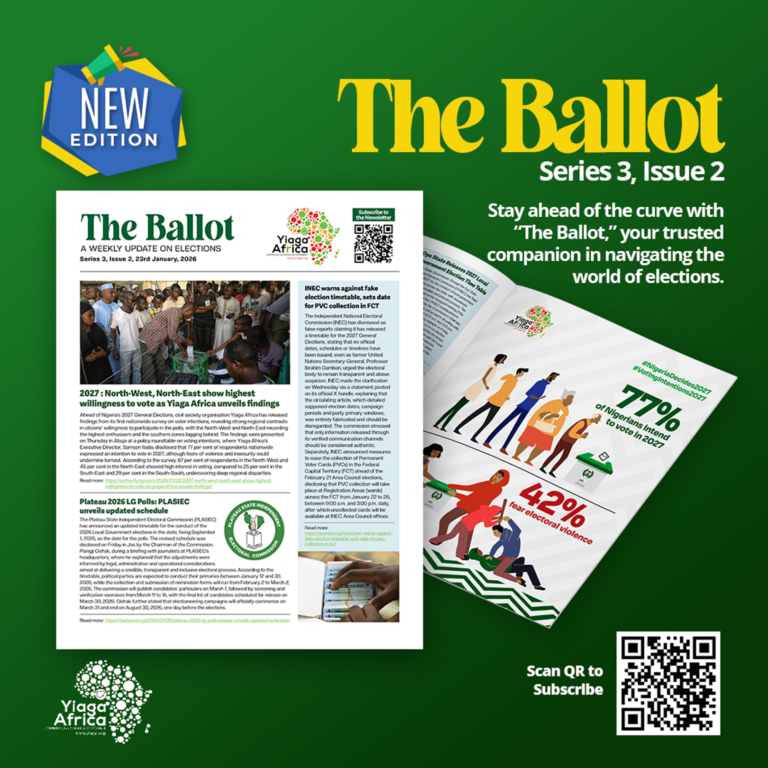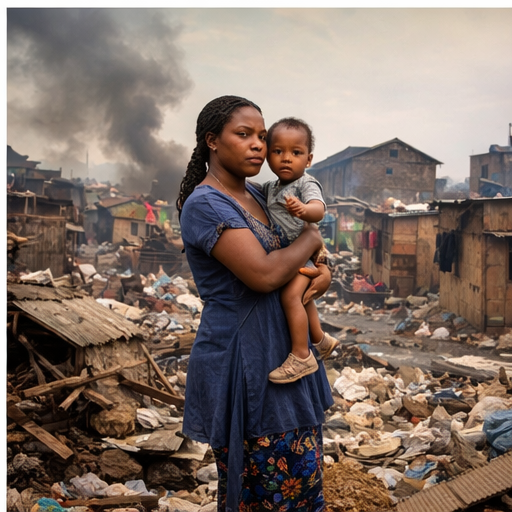
By Ameh Gabriel
Abuja’s housing market spiraled into a full-blown crisis in 2025, with abrupt and steep rent hikes tearing through every corner of the city. From Garki and Wuse in the heart of the capital to satellite towns like Karu, Lugbe, Kuje, Kubwa, and Orozo, the story is the same: tenants blindsided by landlords demanding double or even triple the rent, often with little or no notice.
For many families, these hikes are more than just numbers on paper. They mean uprooted lives, broken communities, and, for some, the terrifying reality of homelessness.
“I came home one evening to find a letter saying my rent had gone from ₦600,000 to ₦1.2 million,” said Ibrahim Yusuf, a civil servant in Nyanya. “There was no negotiation, no discussion. Just ‘pay or leave.’ My salary has not changed, but my rent has doubled. I’ve cut down on food, transport, even medicine just to keep a roof over my head.”

In Karu, food vendor Mama Grace has been locked out of her shop after she refused to accept a sudden rent hike from ₦350,000 to ₦600,000. “I begged for time or a little adjustment,” she recalled, “but my landlord padlocked the shop. I had no choice but to drag him to court. I am a petty trader trying to feed my children. Where do they want us to go?”
For young professionals, the situation is equally dire. Chidi Okafor, who rented a self-contained apartment in Lugbe last year for ₦700,000, said he nearly fainted when told renewal would cost ₦1.5 million. “Half my salary goes to rent now. I can’t save, I can’t plan. It feels like slavery,” he lamented.
The story repeats itself in every neighborhood: sudden notices, threats of eviction, and skyrocketing prices for properties that, in many cases, have not been renovated in decades.
In Kuje, the newly constructed dual-carriage road, once celebrated as a symbol of progress, has brought unintended pain. Shop rents that used to hover around ₦150,000 have shot up to ₦400,000 and beyond. Stella Olorunfemi, who invested ₦5 million in weaving machines, said she has been unable to start her business because she cannot find an affordable shop. “The machines have been idle for over a year. It’s heartbreaking,” she said.

Even for those lucky enough to secure housing, security has become a trade-off. “You either pay outrageous rent in safe areas or risk your life in cheaper neighborhoods plagued by robbery,” explained Kunle Ayeni, a resident of Kubwa.
Landlords point to inflation, soaring construction costs, and population growth as justification. But tenants and housing experts argue that many landlords are simply exploiting a system with no effective rent control or tenant protection.
Legal analyst Tunde Abiola explained: “In Nigeria, rent increases should follow due process, including proper notice and negotiation. Unfortunately, many landlords ignore this, and tenants rarely challenge them because they fear eviction. This has created a power imbalance that leaves ordinary people at the mercy of property owners.”
The ripple effects go beyond housing. Families are being displaced to distant suburbs, lengthening commutes and straining incomes already stretched by food inflation and high energy costs. Small businesses are shutting down as shop rents soar. Some residents, unable to cope, now squat in churches and mosques.
In Orozo, Hassan Abdullahi, a young artisan, said he and his friends sleep inside a mosque after being priced out of their shared apartment. “A room that used to cost ₦120,000 is now ₦350,000, even when it’s a mud house without water. We just couldn’t keep up.”

Experts warn that without urgent government intervention through rent control policies, affordable housing schemes, and stronger tenant protections, the crisis could deepen insecurity and widen inequality in Nigeria’s capital.
For now, however, Abuja’s residents are left with a bitter reality: the dream of living in the nation’s capital has turned into a daily struggle for survival.








